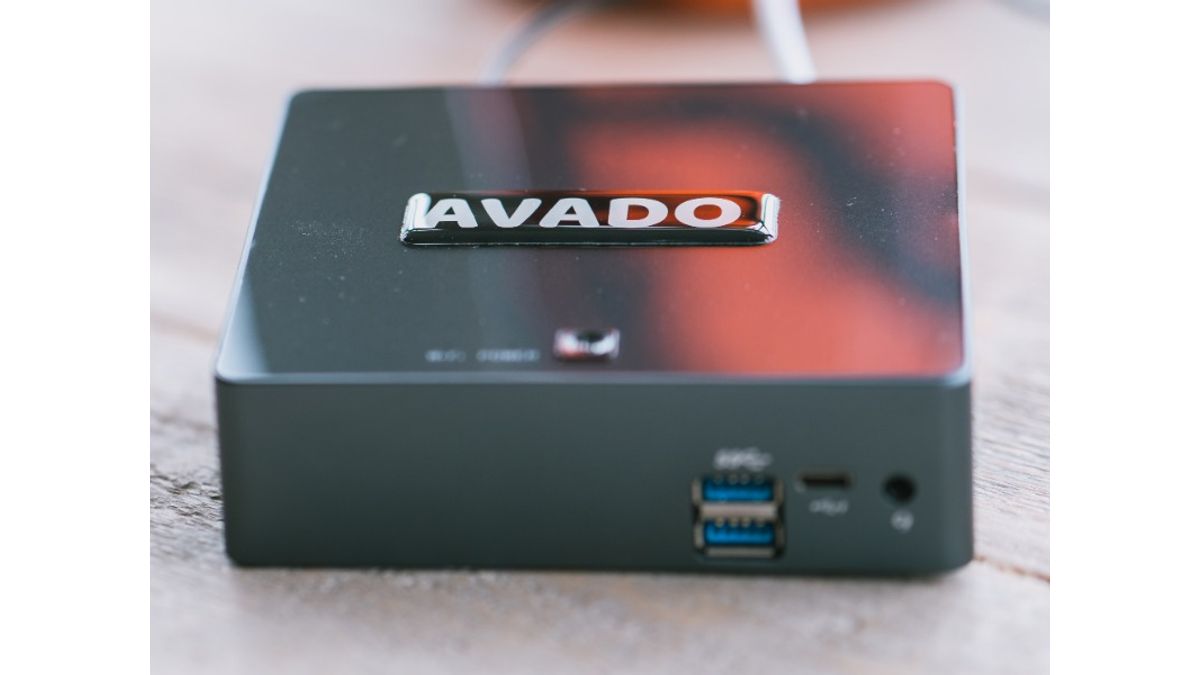
March 17, 2019
What is a Blockchain Node ?
What is a Blockchain Node ?
So maybe you have heard of blockchain technologies and cryptocurrencies and most likely you also ran across the topic of mining. But now you’re likely hearing people talk about nodes and you don’t really know what it means, or how it differs from mining.
You are not alone. Strangely, even those active in the blockchain space do not know what a node is.
So here is a simple sentence that explains the difference between mining and a node:
“Miners process blocks and nodes verify if transactions which have been packed in the block by miners are all valid.”
In addition, a node has two more jobs:
- Sharing information.
- Keeping a copy of confirmed transactions.
Andreas Antonopoulos, a well-known bitcoin evangelist, explains it even better and in more detail than I could, so perhaps I’ll let him speak instead:
“A node is a computer that is participating in the global peer-to-peer Bitcoin network. They propagate transactions and blocks everywhere. Full nodes act independently as authoritative verifiers. Onion routing. Double-spending protection. Levels of isolation for untrustworthy nodes. Why would you run one? To be in control of your money — your keys, your money. You don’t trust anyone else to tell you what the truth is, you cross-check every claim yourself. Be part of the revolution in money. #RunYourOwnNode”
This topic is so important to us, that we even started a company to produce plug-and-play hardware so that you can run your own node, hassle-free.
As Andreas mentioned above, nodes are incredibly important for the security of a crypto network. Unfortunately, the number of nodes is dropping with bitcoin nodes having fallen off by 8% in the last 365 days. Worse still, the nodes that are active are mostly run on centralized cloud service providers.
Yes, centralized cloud service providers like Amazon Web Services (AWS).
Isn’t that bizarre, a decentralized system that is mostly maintained by a centralized service provider? If, one day, AWS decided to shut down all servers running a blockchain node, many decentralized applications (dApps) would stop working. They would not have an access point to the blockchain.
If you are using MetaMask, for instance, a service which relies on Infura an infrastructure project that provides secure and scalable access to Ethereum APIs and IPFS gateways, you are also technically using AWS. All nodes that run on the Infura network, are all serviced by Amazon and operated by a single entity, ConsenSys.
To put this in perspective, Infura serves billions of requests a day to approximately 60% to 70% of all dApps running on Ethereum. In an interview with CoinDesk, the co-founder of Infura, Michael Wuehler said, “If every single dapp in the world is pointed to Infura, and we decided to turn that off, then we could, and the dapps would stop working. That’s the concern and that’s a valid concern.”
The same is also true for Amazon. From one day to the next, the company could decide to bring these billions of requests to a screeching halt. Already, the decentralized Internet we imagined with Bitcoin looks to be under attack.
To find out if your favorite dApp is guilty of this, simply ask them if they run their own node on their own hardware. If not, contact us, and we can help you #RunYourOwnNode.